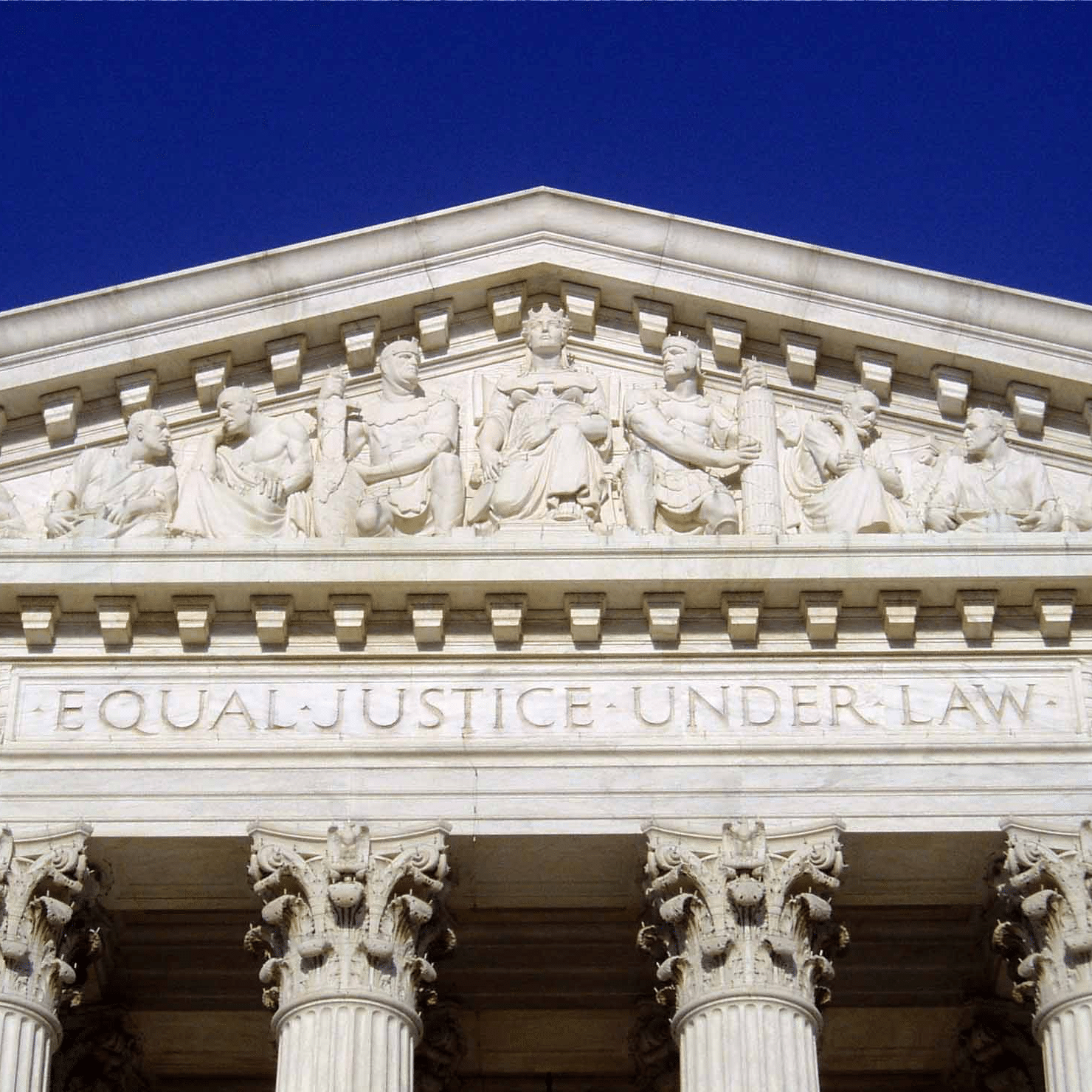Why Standing Up to Protect Roe is Mainstream

If confirmed to the Supreme Court to replace Justice Anthony Kennedy, Judge Brett Kavanaugh would remake that body to be arguably the most conservative Court in modern history. That fact has ignited serious alarm that Roe v. Wade could be overruled. Since 1973, this case has been the keystone protection for a woman’s right to access abortion and make other important decisions about her health. And while most Americans view it as settled law, the Court could act to undo the Constitutional protections outlined in Roe.
Kavanaugh’s confirmation hearing testimony did nothing to alleviate the concerns that he will be a vote to overturn Roe. He misleadingly called contraception “abortion-inducing drugs” and emails from his time in the Bush Administration directly contradict his claims to Senator Collins that Roe is settled law. Let’s be clear about a few things. Roe v. Wade is an absolutely critical protection for millions of Americans, and wanting to preserve the Constitutional rights outlined in it is a mainstream, moderate position. It’s those who hope to overturn this decades-old precedent that are out of step with the country.
Americans across the political spectrum support Roe v. Wade
While many Americans may have conflicted beliefs on the morality of abortion, their views on its legality are clear. Polling consistently shows that nearly 7 in 10 Americans believe Roe v. Wade should not be overturned. That also includes 73% of Independent voters and 74% of women of reproductive age. In the eyes of the overwhelming majority of Americans, Roe is established law that should stay on the books.
When asked specifically if abortion should be legal, the majority of Americans are also clear in their beliefs. In fact, 6 in 10 agree that abortion should be legal in all or most cases. Even more explicitly, 81% of voters and 84% of moderates say they trust an individual to make the right decision when it comes to abortion, and don’t want more government rules on the issue. No matter how you ask it, Americans are resoundingly certain they want less government interference in a person’s decision to access abortion services, not more.
Overturning Roe v. Wade would be an extreme move by the Court
Either overturning Roe or significantly undercutting it without technically overturning it would be an abrupt and extreme action by the Court, eliminating a major foundation of 45 years of law on the books. Avoiding such legal jolts and uncertainty is why the Court is supposed to adhere to the doctrine of stare decisis, or deference to its prior decisions. As the late Justice Antonin Scalia once explained, stare decisis “fosters stability in the law.” This stability is critical for Americans to have faith in our legal system, creating confidence in our institutions and reassurance in our liberty.
Roe’s demise would shatter that stability, and it would not take long for us to feel the effects. Three states — Arkansas, Iowa, and North Dakota — have already signed “fetal heartbeat” abortion bans into law, prohibiting abortions as early as six weeks (prior to when many women know they are pregnant in the first place). These laws blatantly violate Roe and are thus rightly blocked by court orders. If Roe is overturned, the justification for those judicial blocks will disappear, meaning these states would immediately make abortion practically impossible without having to debate or vote on any further legislation.
Even more broadly, 17 states ban abortion after 20 weeks, even though 98.7% of abortions occur before that marker, and later term abortions are normally only used in cases of rare and fatal birth defects that cannot be detected earlier. These bans also have been blocked across the country as violating Roe. But an America without Roe would immediately allow those states to needlessly force women to carry fetuses that will never survive outside the womb to full term.
Conclusion
Roe is a crucial protection of Constitutional rights, and voters across the country want to preserve it. While Judge Kavanaugh has tried to dodge the issue, scratching just under the surface reveals serious questions that he will be anything but a vote to undo Roe. Overturning this landmark decision would be calamitous for the nation, and as this debate continues, every policymaker who wants to stand on the side of mainstream American values should be shouting into a megaphone to protect it.
























